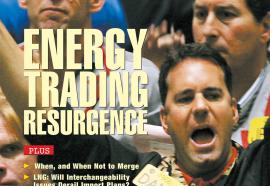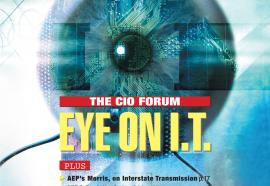The Nation's Grid Chiefs: On The Future of Markets
Exclusive interviews with the CEOs of five regional transmission systems.
Exclusive interviews with CEOs at five regional independent transmission system operators: Phil Harris, at PJM; Gordon van Welie, at ISO New England; Yakout Monsour, at the California ISO; Graham Edwards, at MISO; and Mark Lynch, at the New York ISO.










